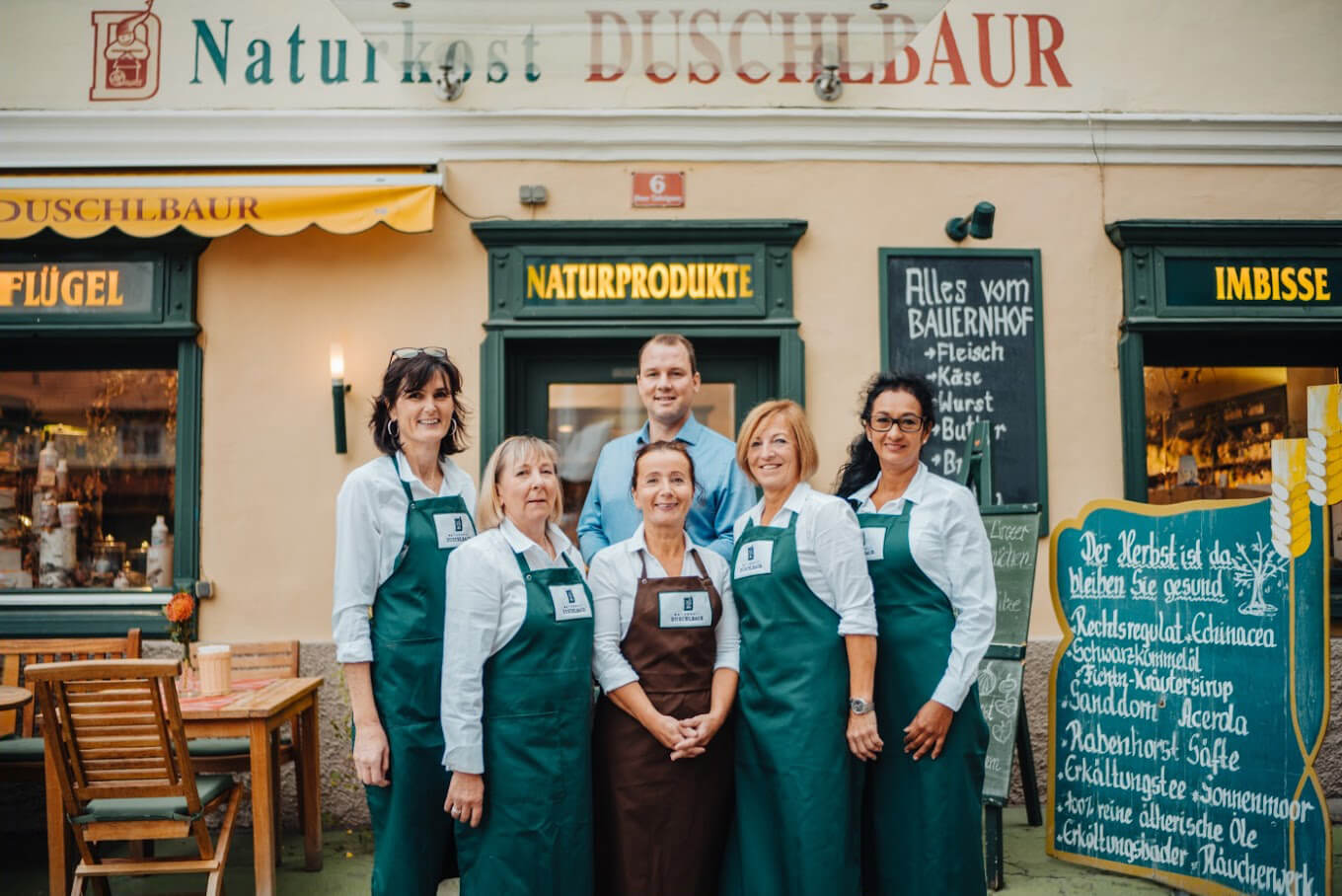The natural ingredients of theRaspberry (rubus idaeus) Gemmo Mazeratesare: Fresh buds of the raspberry bush, vegetable glycerin, alcohol, water
The power of raspberries
OurDuschlbaur's raspberry (rubus idaeus) gemmo maceratecan be taken as a supportive measure for:
- Menopausal symptoms
- Hot flashes
- Hormonal fluctuations
- Menstrual problems
- PMS (premenstrual syndrome)
- Breast tension
- Water retention in the tissue
- Headaches in the days before menstruation
- Irritability in the days before menstruation
The simultaneous intake of conservative medicines and Duschlbaur's Raspberry (Rubus idaeus) Gemmo Macerate is possible without any problems.
Raspberry – the “rose” among berry bushes
Theraspberry– LatinRubus idaeus– belongs to the rose family. Botanically, raspberries are not berries but aggregate fruits. The raspberry bush originated in Central Europe. The raspberry is widespread in eastern North America, South America, New Zealand, and Greenland. There are more than a thousand varieties worldwide, which are classified as summer or autumn raspberries. The "red" raspberry is the classic. There are also yellow- or black-fruited varieties.
It is a perennial plant that tolerates winter conditions well. It can be found in alpine regions up to 2,000 meters above sea level. It prefers cooler temperatures to the Mediterranean warmth. The deciduous shrub can grow up to two meters tall. Spiny, sometimes overhanging canes give the shrub a wild appearance. It is a popular food plant for birds and bees.
The raspberry bush produces delicate, white, panicle-shaped blossoms from May to August. From the countless blossoms grow small, green buds, which develop into the coveted, bright red berries. Harvesting takes place from June to November. The raspberry fruit is rich in vitamins and minerals. 100 grams of fresh raspberries contain 25 mg of vitamin C, 170 mg of potassium, 40 mg of calcium, and 30 mg of magnesium. They also contain iron, manganese, B vitamins, antioxidants, and flavonoids.







